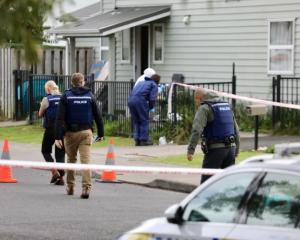Battery maker Exide Technologies has won a court date next month to argue New Zealand is breaking local and international laws by allowing the export of used lead acid batteries to the Philippines.
Exide said the batteries could be disposed of at its Petone, Lower Hutt recycling plant, which has a history of discharging toxic lead particles into the atmosphere.
The Government is considering applications to export nearly 18,000 batteries, but Exide today said an urgent judicial review would be held in the High Court at Wellington on September 5 and 6.
Exide has taken the Attorney-General to court, questioning whether, by granting consents to export used lead acid batteries instead of allowing them to be disposed of here in an environmentally sound way, the Government complied with international and domestic legal obligations.
US-based Exide has previously complained that the Government gave permits for the export of nearly 100,000 tonnes of batteries to developing countries since January 2008, which it said breached obligations under the Basel Treaty to limit the international transport of hazardous waste.
Exide claimed the exports could force the permanent closure of New Zealand's only secondary lead smelter and cost about 40 workers their jobs.
The Exide smelter is the only battery recycling facility in New Zealand and now says it meets "all of its obligations to be environmentally compliant and efficient".
Ministry of Economic Development officials who inspected the Philippines recycling plant told Environment Minister Nick Smith the standards there were the same, or better, than those at the Petone plant.
Dr Smith earlier this week accused Exide of "commercial brinksmanship" in an effort to secure a monopoly on used batteries.
Today he told reporters he wasn't planning to talk to Exide and would wait for legal proceedings to finish.
Green Party co-leader Russel Norman said he could understand both sides of the question.
"I would like to see a win-win solution - we don't export to the Phillipines, but we make sure it is dealt with in a safe way in New Zealand."











